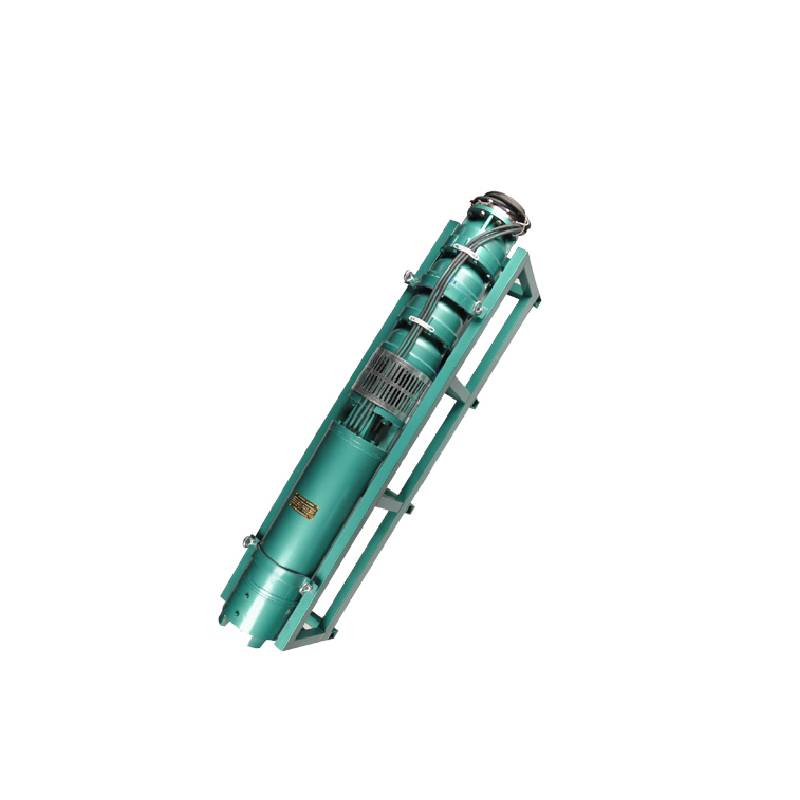Dec . 03, 2024 15:50 Back to list
deep well pump pipe
Understanding Deep Well Pump Pipes Essential Components for Efficient Water Extraction
Deep well pump pipes play a crucial role in the extraction of groundwater, particularly in areas where the water table is significantly below the surface. These pipes are essential components of deep well pump systems, which are designed to draw water from deep underground sources efficiently and reliably. This article delves into the importance, types, materials, installation, and maintenance of deep well pump pipes.
Importance of Deep Well Pump Pipes
Deep well pump systems are critical for a variety of applications, including agricultural irrigation, municipal water supply, and industrial processes. The pipes used in these systems must withstand high pressure and corrosion while maintaining the integrity required for optimal water flow. The efficiency of the entire water extraction process largely depends on the quality and specifications of the deep well pump pipes.
Types of Deep Well Pump Pipes
Several types of pipes are used in deep well pump systems, each tailored for specific applications and depths. The most common types include
1. PVC (Polyvinyl Chloride) Pipes Lightweight and resistant to corrosion, PVC pipes are commonly used for shallower wells. They are economical and easy to handle, making them a popular choice in residential water supply systems.
2. Steel Pipes Galvanized or stainless steel pipes are often employed for deeper wells. Steel pipes have a higher tensile strength, making them suitable for high-pressure applications. They are durable but may be susceptible to rust if not properly coated or maintained.
3. HDPE (High-Density Polyethylene) Pipes Known for their flexibility and resistance to chemical corrosion, HDPE pipes are increasingly being used in deep well applications. They are lightweight and can easily be transported and installed, making them ideal for challenging environments.
4. Fiberglass Pipes Fiberglass-reinforced plastic pipes offer excellent strength-to-weight ratios and resistance to corrosive substances. They are often used in large-scale industrial applications due to their longevity and durability.
Installation of Deep Well Pump Pipes
The installation of deep well pump pipes requires careful planning and execution
. It involves drilling a borehole to reach the aquifer and then inserting the pump and pipes. Key steps in the installation process include1. Site Assessment Evaluate the well location to ensure it will provide adequate water supply and measure the depth of the water table.
deep well pump pipe

2. Drilling Use specialized drilling equipment to create a borehole that accommodates the selected pipe diameter and length.
3. Pipe Lowering Carefully lower the pump and pipes into the borehole, ensuring they are aligned correctly and securely connected.
4. Sealing Properly seal the space between the borehole and the pipes to prevent contamination from surface water and ensure efficient water flow.
5. Testing Conduct hydrostatic tests to check for leaks and ensure the system functions as intended before full-scale operation.
Maintenance of Deep Well Pump Pipes
Regular maintenance of deep well pump pipes is essential for prolonging their lifespan and maintaining efficiency. Some maintenance practices include
1. Regular Inspections Periodically inspect the pipes for signs of wear, corrosion, or damage. Early detection of issues can prevent costly repairs and downtime.
2. Cleaning Remove any sediment or mineral buildup inside the pipes to ensure unobstructed water flow. Depending on the severity, chemical treatments may be necessary.
3. Monitoring Performance Keep track of the pump's performance, including flow rate and pressure. Significant fluctuations may indicate problems with the pipes or pump.
4. Replacement Be prepared to replace worn or damaged sections of the pipe promptly to avoid larger issues in the water extraction system.
Conclusion
Deep well pump pipes are indispensable in the efficient extraction of groundwater. Understanding the various types of pipes available, the installation process, and the maintenance required can help ensure that deep well systems provide reliable water supply for years to come. As population demands and agricultural needs grow, investing in quality deep well pump pipes and their proper management will be key to sustainable water practices.
-
Submersible Water Pump: The Efficient 'Power Pioneer' of the Underwater World
NewsJul.01,2025
-
Submersible Pond Pump: The Hidden Guardian of Water Landscape Ecology
NewsJul.01,2025
-
Stainless Well Pump: A Reliable and Durable Pumping Main Force
NewsJul.01,2025
-
Stainless Steel Submersible Pump: An Efficient and Versatile Tool for Underwater Operations
NewsJul.01,2025
-
Deep Well Submersible Pump: An Efficient 'Sucker' of Groundwater Sources
NewsJul.01,2025
-
Deep Water Well Pump: An Efficient 'Sucker' of Groundwater Sources
NewsJul.01,2025
-
 Submersible Water Pump: The Efficient 'Power Pioneer' of the Underwater WorldIn the field of hydraulic equipment, the Submersible Water Pump has become the core equipment for underwater operations and water resource transportation due to its unique design and excellent performance.Detail
Submersible Water Pump: The Efficient 'Power Pioneer' of the Underwater WorldIn the field of hydraulic equipment, the Submersible Water Pump has become the core equipment for underwater operations and water resource transportation due to its unique design and excellent performance.Detail -
 Submersible Pond Pump: The Hidden Guardian of Water Landscape EcologyIn courtyard landscapes, ecological ponds, and even small-scale water conservancy projects, there is a silent yet indispensable equipment - the Submersible Pond Pump.Detail
Submersible Pond Pump: The Hidden Guardian of Water Landscape EcologyIn courtyard landscapes, ecological ponds, and even small-scale water conservancy projects, there is a silent yet indispensable equipment - the Submersible Pond Pump.Detail -
 Stainless Well Pump: A Reliable and Durable Pumping Main ForceIn the field of water resource transportation, Stainless Well Pump has become the core equipment for various pumping scenarios with its excellent performance and reliable quality.Detail
Stainless Well Pump: A Reliable and Durable Pumping Main ForceIn the field of water resource transportation, Stainless Well Pump has become the core equipment for various pumping scenarios with its excellent performance and reliable quality.Detail
